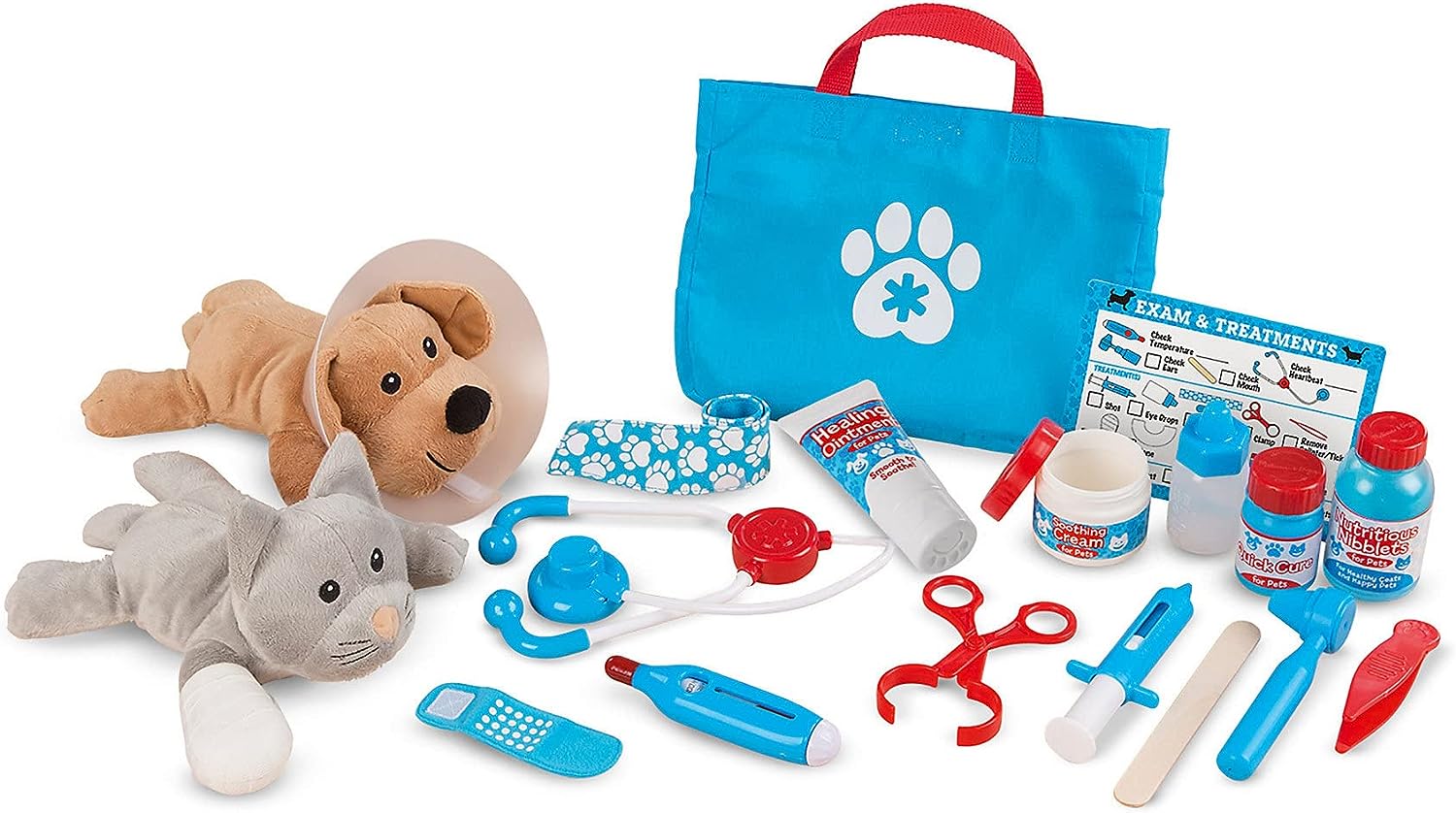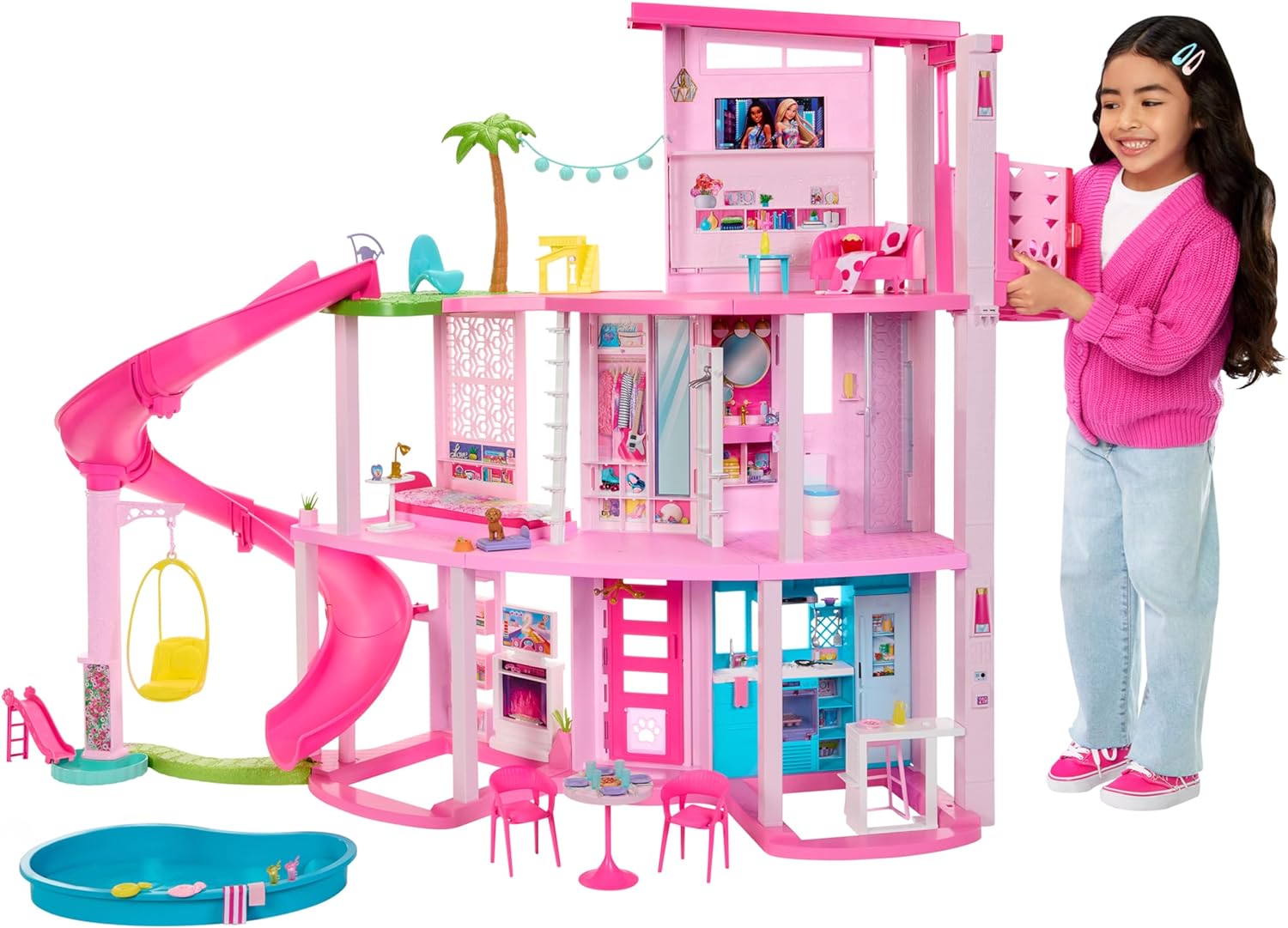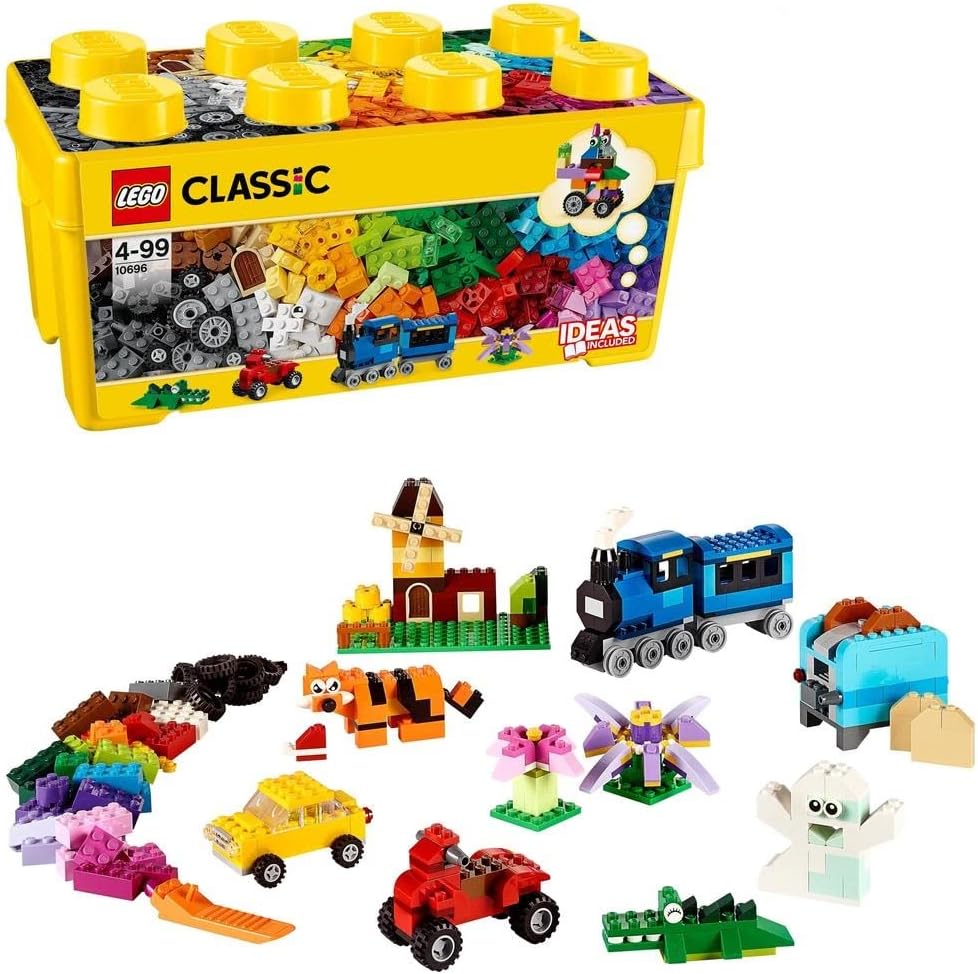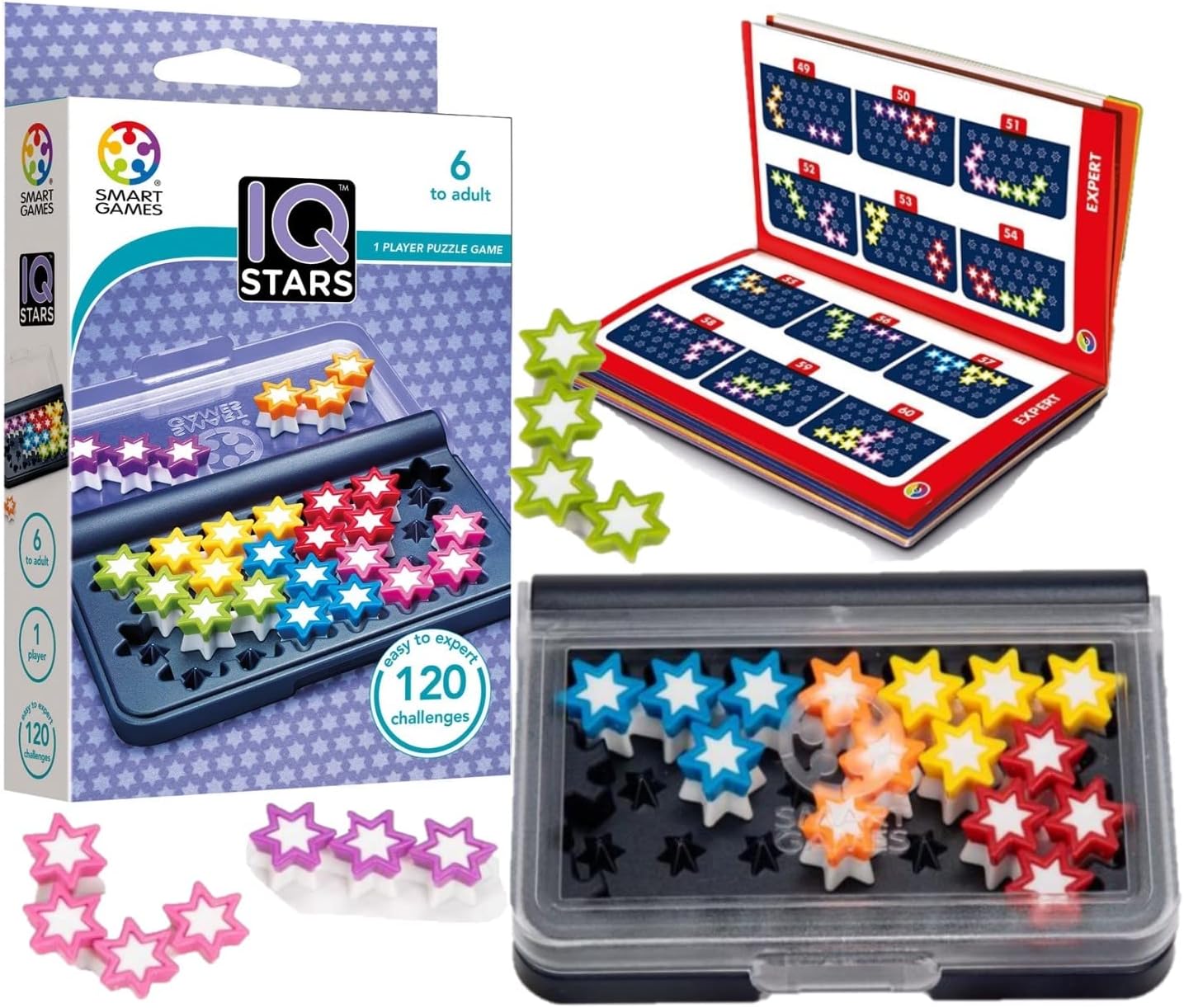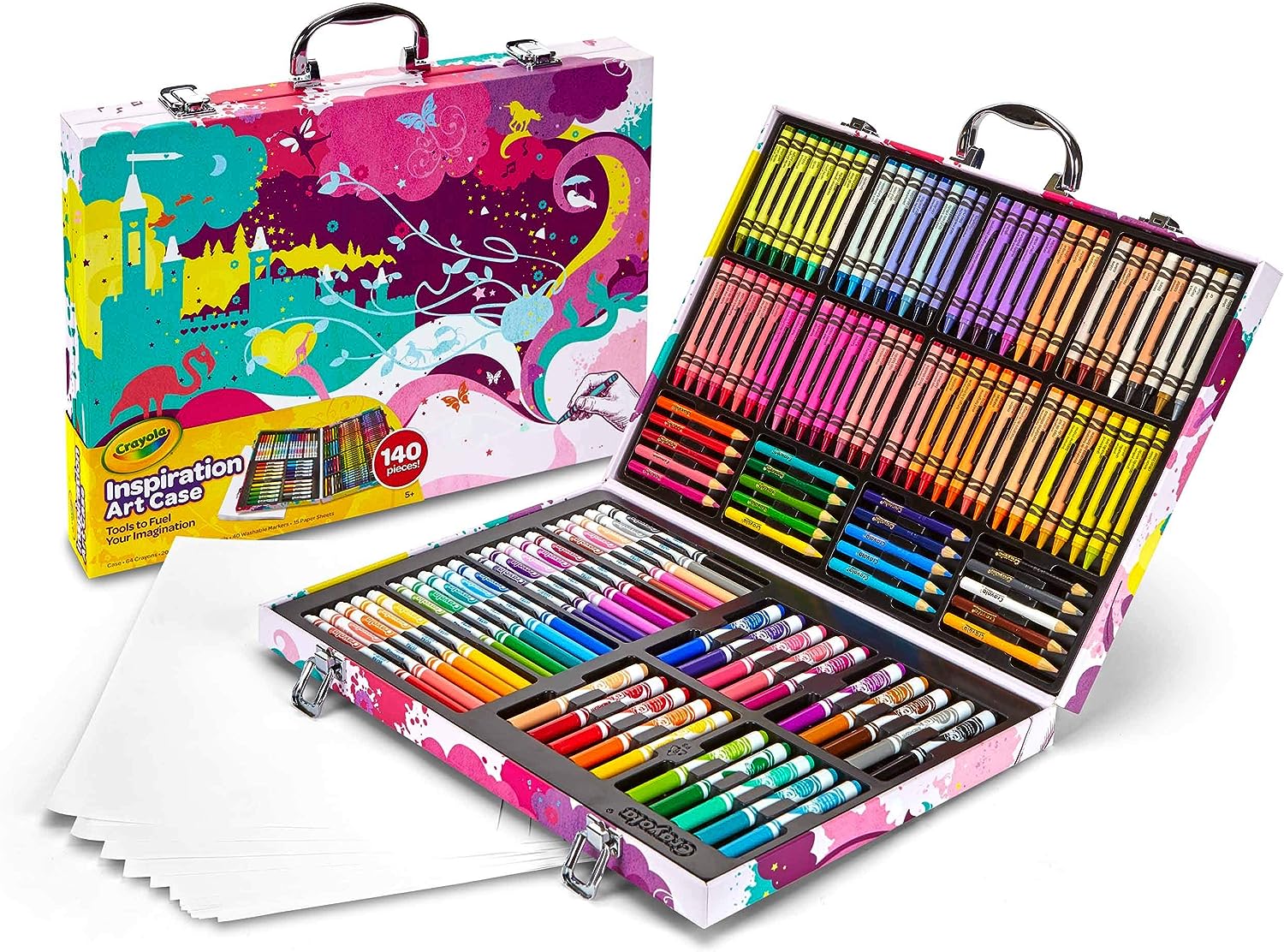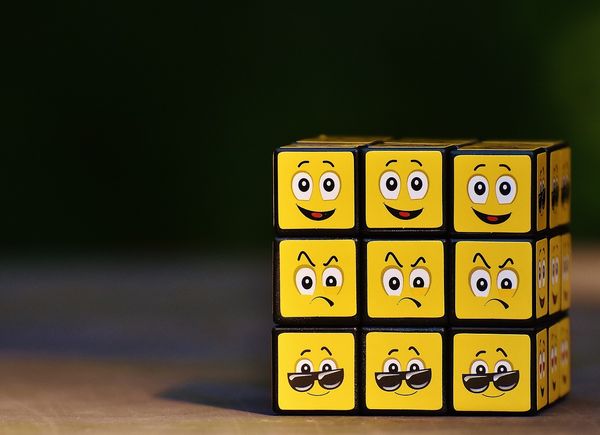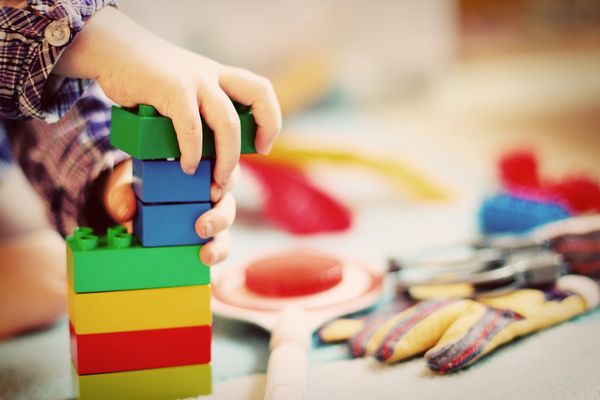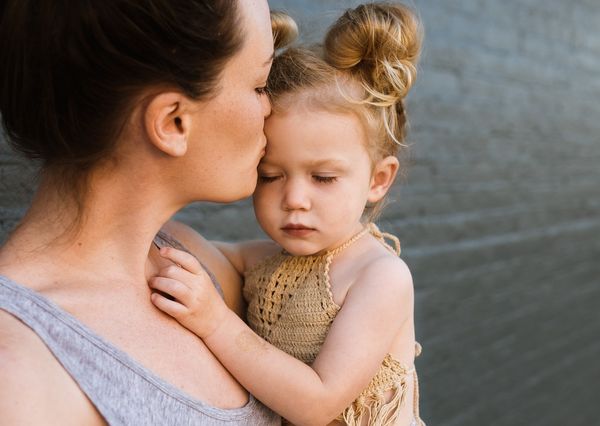The Power of Play: The Key to Healthy Child Development
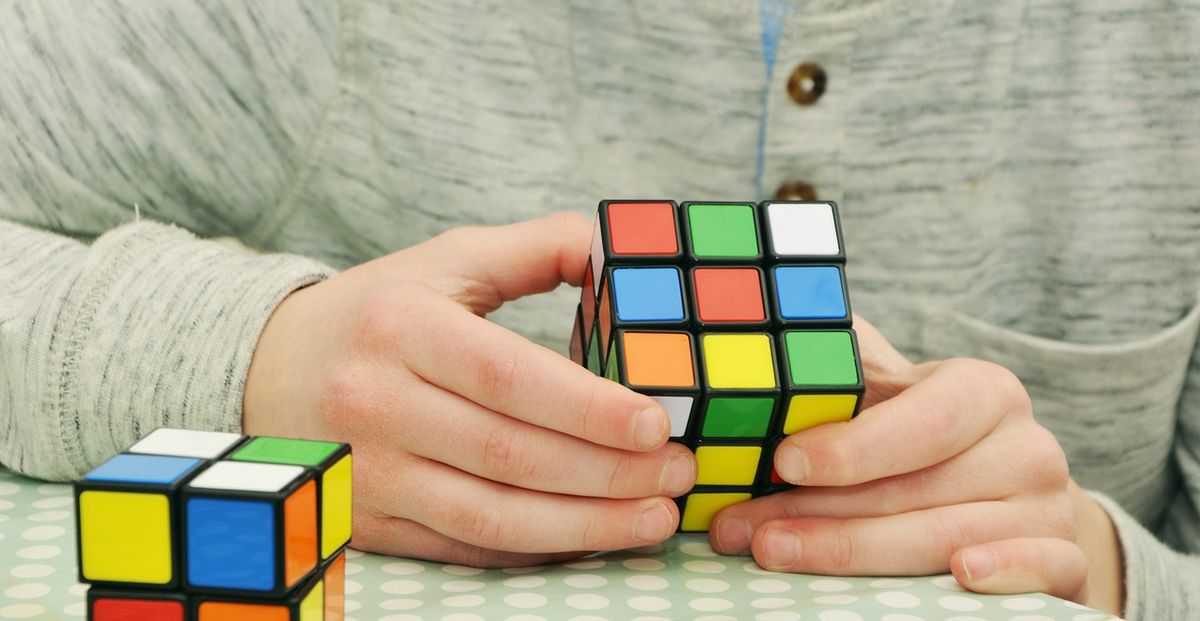
Play isn't just fun and games. It's a crucial part of your child's growth and development, helping them learn, express emotions, and build strong attachments.
1. The Emotional Outlet of Play
Humans are emotional beings, especially little ones. One rule of emotions is that they seek an outlet. If an emotion is within us, it needs to be expressed, to come out in one way or another. Some emotions may go unnoticed, or we might not feel them well, confusing them and trying to hold onto positivity. Additionally, there can be an overwhelming number of emotions for the brain to handle. This is where play comes to the rescue. Through play, we can give an outlet to our emotions without even realizing it. It helps the brain process emotions, allowing children to naturally engage in aggressive play when they are frustrated. Just as we might subconsciously choose music to help us deal with anxiety or frustration.
A great tool for emotional expression is the Melissa and Doug Examine and Treat Pet Vet Play Set. This interactive playset allows children to role-play as veterinarians, fostering empathy and emotional intelligence.
2. Building Attachments through Play
Play can significantly help develop attachments. A great way to foster this is through pretend play. The Barbie Dreamhouse 2023 is a fantastic tool for children to role-play family dynamics and relationships, helping them understand and form attachments.
3. Play and Attention System Development
Play plays a crucial role in developing the attention system. Through play, attention can take a break from real-life anxieties and attachment concerns. When a child is focused and interested in play, their attention system develops and becomes more sophisticated. This enhanced concentration carries over into tasks requiring focus in real life, like work. Engaging toys like the LEGO Classic Medium Creative Brick Box can help enhance a child's concentration and focus.
4. Play for Anxiety System Development
The anxiety system, one of the most complex systems involving the immune system and hormones, also develops through play. In play, we can feel anxiety yet "know" that we can cope with it. We can be scared safely. It's essential for the brain to be able to "face" anxiety and experience it positively. In real life, anxiety can be too overwhelming for the brain to "look at directly." But through small steps in play, everything becomes possible. The SmartGames IQ Stars Travel Game, a brain-teasing solo game, allows children to experience and cope with anxiety in a safe, controlled environment.
5. Play for Healing and Renewal
During play, the nervous system switches from the sympathetic to the parasympathetic state. It transitions from active work mode to a restful state. This is similar to the state during sleep, and we all know how important sleep is for health, recovery, and renewal. Play is just as vital for full and healthy development. It allows the brain to rest from emotions and work on attachments in a safe environment.
The Crayola Inspiration Art Case is a calming activity that promotes relaxation and creativity.
Remember, these benefits are associated with genuine play. It's essential to differentiate between active, creative play and passive entertainment. Incorporating play into your child's daily routine isn't just fun, it's fundamental to their development. So, let's embrace the power of play and watch our children thrive.
